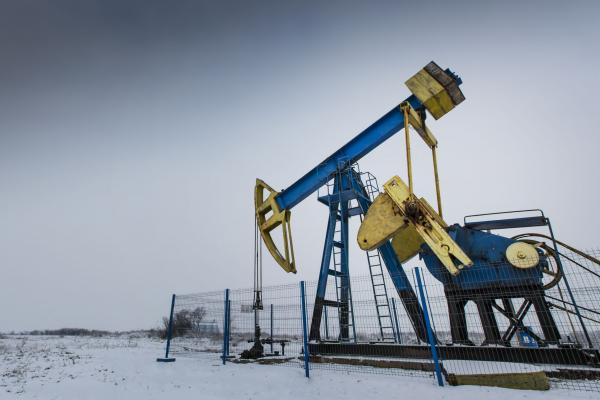
An economist at a Russian development bank said Tuesday any deal among major oil producers last weekend would’ve been moot because markets are flush with oil.
Ministers from some members of the Organization of Petroleum Exporting Countries joined their non-member counterparts in Doha during the weekend to consider a measure to freeze production at January levels in order to stabilize crude oil prices.
Oil prices are about 60 percent below recent historic peaks above $110 per barrel from 2014 because a weak global economic recovery hasn’t been able to take on the excess supply from OPEC and non-member states like Russia and the United States.
Andrei Klepach, the chief economist at Russia’s VEB development bank, was quoted by Russia’s state-run news agency ITAR-Tass as saying expectations leading up to the weekend meeting were “seriously inflated.”
“Even in case [participants] agreed to cap production, January, for Russia as well as for the bulk of the countries, was the peak period [for output], which means excess oil supply,” he said.
Total crude oil production from OPEC members in January was about 0.5 percent higher than March.
In March, Russian President Vladimir Putin met in Moscow with the heads of Russia’s major oil producers to review the terms of the production freeze proposal. With Russia’s economy lingering in recession because of dual pressures from lower crude oil prices and sanctions, Putin said the revenue stream was facing “significant” headwinds.
In February, Russian Energy Minister Alexander Novak met with his counterparts from Qatar, Saudi Arabia and Venezuela to consider production arrangements. Parties gathered at early 2016 oil meetings agreed to freeze output at January levels provided other producers followed suit.
Novak said last week he was “optimistic” that major producers would agree to hold output steady in an effort to stimulate a depressed oil economy. The weekend meeting collapsed after Saudi Arabia expressed reluctance to more forward without Iran’s participation. Iran’s oil minister in March said his country would consider a cap on production levels once his country regained a stronger position in the post-sanctions era.
[SOURCE:- UPI]




